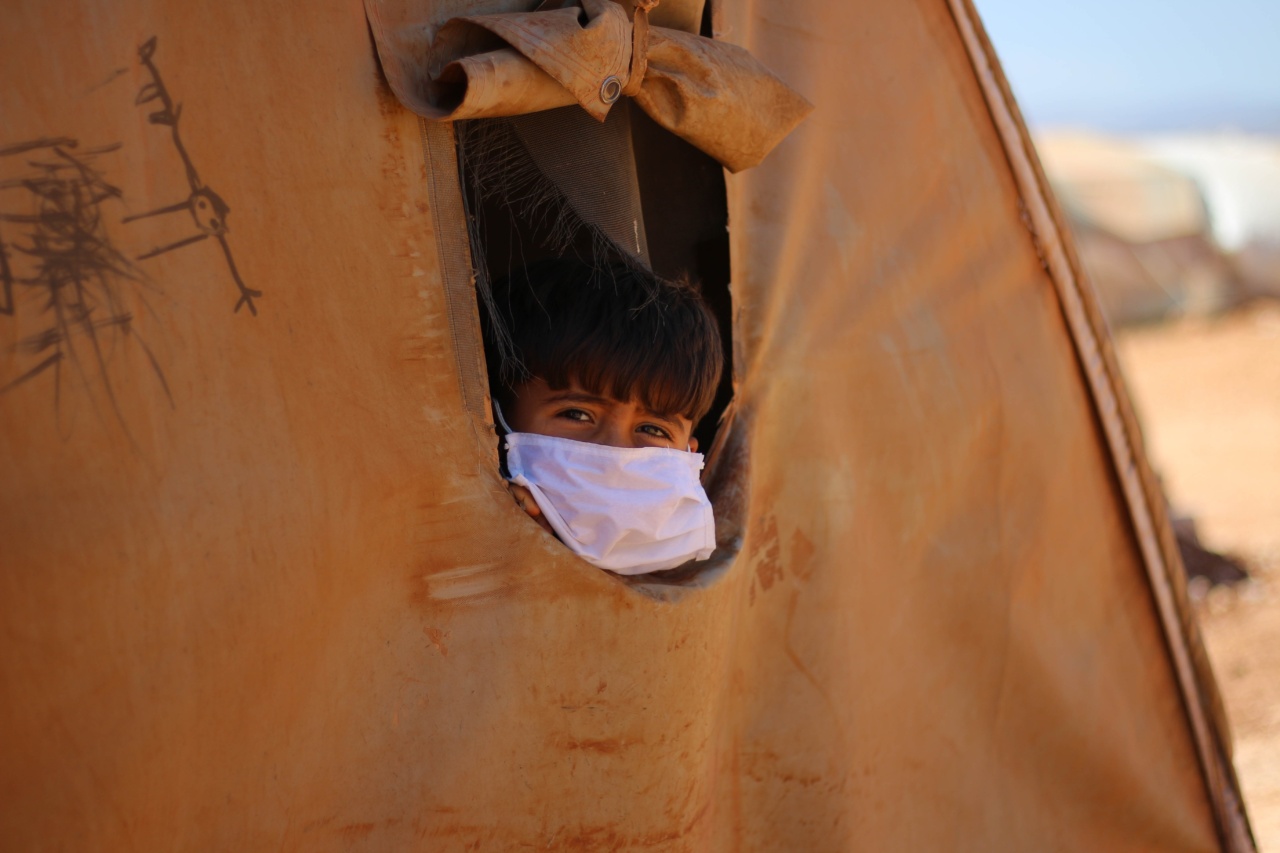Children are prone to infections due to their underdeveloped immune systems. While occasional infections may not be a cause for concern, frequent infections can lead to various health risks.
Parents should pay attention to their child’s health and seek medical attention when necessary to prevent complications.
Increased risk of antibiotics resistance
If a child frequently falls sick, the doctor may prescribe antibiotics to treat the infection. However, frequent use of antibiotics can lead to antibiotic resistance, making the drugs less effective in the long run.
This can result in a more severe infection that is harder to treat. Parents should only give their children antibiotics as prescribed by a doctor, and not as a quick-fix for every ailment.
Affected growth and development
Frequent infections in children can result in compromised growth and development. Poor nutrition due to reduced appetite, lack of sleep, and missed school can affect the child’s physical and cognitive development.
It’s essential to talk to a doctor or pediatrician to identify the child’s nutritional needs and ensure they are adequately met.
Lowered academic performance
Children frequently infected with illnesses may miss a considerable portion of their school days. This can result in poor academic performance and difficulties in keeping up with the rest of the class.
Additionally, prolonged stress due to chronic illness can affect the child’s concentration and ability to focus in class.
Possible chronic illness
Frequent infections can be a sign of a chronic illness, especially if they are recurring and severe. Some chronic illnesses that can affect children include asthma, allergies, and autoimmune diseases.
Early diagnosis and appropriate treatment can prevent these illnesses from interfering with the child’s quality of life.
Increased risk of mental health issues
Chronic illness and frequent infections in children can result in psychological problems such as anxiety and depression.
Being physically unwell can lead to feelings of inadequacy and low self-esteem, especially in younger children who may not fully understand the nature of their illness.
More hospitalizations and medical expenses
If the child’s infections are severe or lead to complications, they may need to be hospitalized. Frequent hospitalizations may result in significant medical expenses that can be burdensome for the family.
Additionally, the child’s quality of life may be affected, with extended hospital stays leading to a break in routine and difficulties in keeping up with schoolwork.
Infections in schools and day-care centers
When children attend school or daycare, they may be exposed to a variety of infections from other children. This can increase the likelihood of frequent infections and the risk of spreading these illnesses to others.
Parents should encourage their children to practice good hygiene habits, such as washing their hands frequently and covering their mouths when coughing or sneezing.
Reduced immune response to future infections
Recurring infections may result in the immune system becoming progressively weaker. This can make the child more susceptible to future illnesses and take longer to recover from them.
Reduced activity levels and social isolation
Chronic illness and frequent infections can result in reduced activity levels, which can lead to social isolation. Children may feel left out of social activities and may develop feelings of loneliness and depression.
Conclusion
In conclusion, frequent infections in children can have several health risks that require close attention by parents and medical professionals.
Parents should ensure their children are getting proper medical care and nutrition and practice good hygiene habits to prevent the spread of illnesses. Early diagnosis and appropriate treatment can greatly reduce the risks associated with frequent infections in children.




























